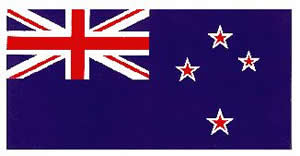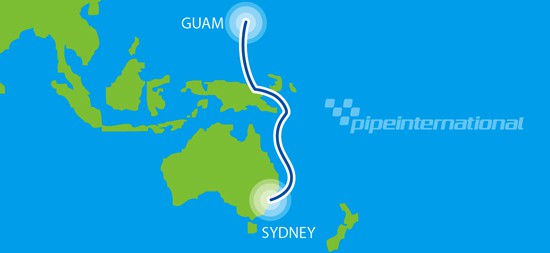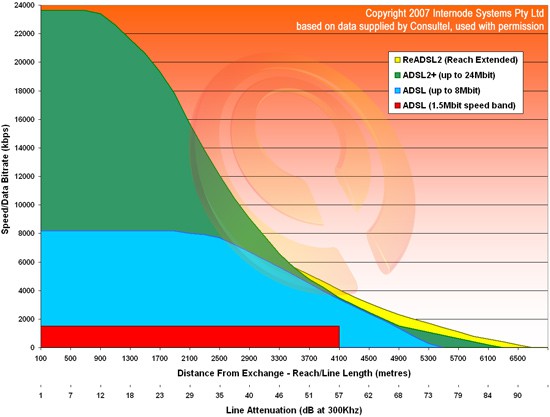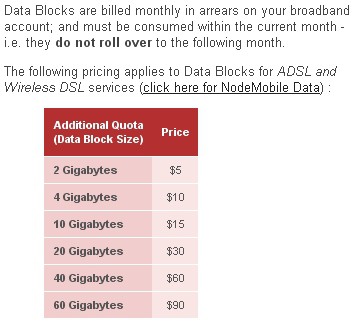 New Zealand, along with Australia and Canada are often cited by broadband providers as examples of places where broadband usage limits are commonplace. With dreams of Internet Overcharging schemes in their heads, Time Warner Cable, among several others, have routinely pointed to Internet service abroad to justify limiting your usage at home.
New Zealand, along with Australia and Canada are often cited by broadband providers as examples of places where broadband usage limits are commonplace. With dreams of Internet Overcharging schemes in their heads, Time Warner Cable, among several others, have routinely pointed to Internet service abroad to justify limiting your usage at home.
But providers always ignore the fact customers despise the limitations on their service, in several cases ranking it among the biggest problems they have with their Internet Service Provider. Internet rationing plans that barely budge in broadband allowances are a major factor in broadband mediocrity, and government officials are increasingly taking notice. In some countries, national broadband policies seek to expand infrastructure where private providers won’t.
 In New Zealand, the push for better connectivity comes through expansion of the undersea fiber cables that connect the country with the rest of the online world. In the south Pacific, it is that connectivity problem which directly impacts consumer pricing of broadband and bring limits on service.
In New Zealand, the push for better connectivity comes through expansion of the undersea fiber cables that connect the country with the rest of the online world. In the south Pacific, it is that connectivity problem which directly impacts consumer pricing of broadband and bring limits on service.
Today, the only major connection New Zealand has with the world is through Southern Cross Cable Networks, which have cables stretching from Auckland in New Zealand to Sydney, Australia and between Auckland and Hawaii.
Now, a second company hopes to dramatically expand connectivity with an expanded capacity cable to be laid between Auckland and Sydney. Kordia, a state-owned enterprise, which plans to run the 2,350km cable, says this expansion will dramatically lower broadband pricing for New Zealand and allow providers to vastly expand or discontinue broadband usage caps.
 Kordia says the cable, costing between $112-149 million dollars US, will be operational by the end of 2011 if all goes according to plan.
Kordia says the cable, costing between $112-149 million dollars US, will be operational by the end of 2011 if all goes according to plan.
“Our proposed cable will take the most direct, quickest and least expensive route for New Zealand customers. OptiKor is a better proposition for New Zealand than any other cable project – we are the most direct route to Australia and through our partners, we can deliver New Zealand traffic all the way to the United States,” Kordia Chairman David Clarke says.
Prices are already dropping in New Zealand just from the threat of competition. Southern Cross Cable slashed prices on its cable 75 percent in anticipation of Kordia’s future competition. Kordia claims that price cutting is designed to help drag down the company’s efforts to obtain contracts with telecommunications companies in advance of construction.
Still, should the cable be laid, in addition to the prospect of ending aggravating usage caps, Kordia estimates New Zealanders will save almost $1.5 billion US on Internet access between now and 2020.


 Subscribe
Subscribe




